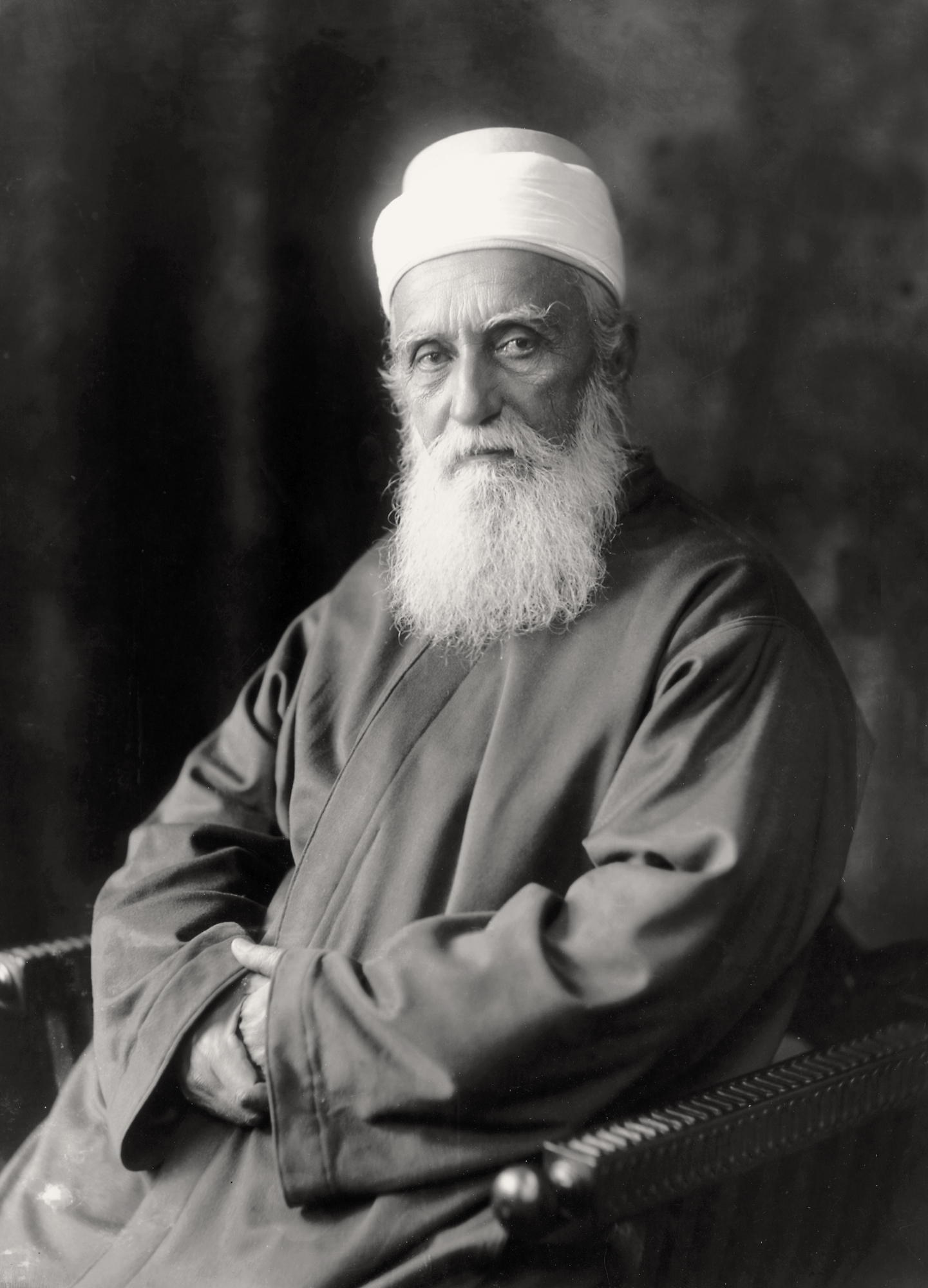The realm of understanding God transcends mere theological discourse; it embodies an intricate tapestry of belief, introspection, and discovery that resonates profoundly within the human experience. Baha’i teachings present a distinctive approach to divine comprehension, inviting adherents and seekers alike to embark on a transformative journey toward spiritual enlightenment. Central to this exploration is the notion of God as an omnipotent being, unfathomable in essence yet intimately involved in the lives of individuals. This complex interplay of the known and the unknown provides fertile ground for profound inquiry and reflection, affecting not just personal belief systems but also societal structures.
To embark on this journey of understanding God from a Baha’i perspective necessitates a departure from conventional ideas of divinity that can often be limiting and reductive. Instead, the Baha’i Faith introduces the concept of progressive revelation, suggesting that God has sent a succession of Messengers throughout history—such as Moses, Jesus, Muhammad, and Baha’u’llah—each offering wisdom and guidance tailored to the needs of humanity at various stages of its spiritual evolution. This foundation prompts an essential inquiry: What if the essence of God and revelations of truth are not static but, rather, dynamic and harmonious with humanity’s changing context?
As one traverses the path illuminated by these teachings, God emerges not merely as an abstract concept but as a profound relationship to cultivate. Baha’is articulate God’s nature through attributes such as love, mercy, and justice—characteristics that parallel the virtues that humans are encouraged to develop. Embracing these divinely inspired attributes can prompt individuals to reshape their interpersonal relationships, emphasizing empathy and understanding in earthly interactions. Hence, the exploration of God becomes a reciprocal endeavor: the more one understands God’s qualities, the more deeply one is inclined to mirror them in everyday life.
This journey invites individuals to confront existential questions and uncertainties. What does it mean to believe in God? What is the nature of our connection to divine existence? Such inquiries are not only philosophical in nature but also penetrate the very fabric of existence, nudging one toward experiential understanding. The Baha’i Faith encourages a flourishing of ideas through engagement with diverse perspectives, advocating for diligent discourse and critical thinking. This approach surmounts dogmatic boundaries, fostering a community where diverse interpretations can coexist harmoniously, igniting curiosity rather than imposition.
A pivotal aspect of Baha’i doctrine revolves around the relationship between science and religion. Baha’u’llah emphasized that both realms must coexist harmoniously, guiding one’s understanding of God through a lens that respects reason, inquiry, and empiricism. The intersection of these domains offers profound insights, suggesting that the quest for truth is multifaceted, inviting exploration beyond conventional dogma. Indeed, the acknowledgment of a God who upholds both the laws of nature and the moral frameworks of human society affirms not only the coherence of faith but also the validity of scientific exploration.
Another crucial facet of the Baha’i teachings on God is the emphasis on unity and oneness among humanity. This tenet compels believers to redefine relationships, recognizing the interconnectedness of all people regardless of their faith backgrounds. The idea that humans are reflections of God’s attributes fosters an understanding of each individual’s inherent worth and dignity. In this framework, the act of loving one another transcends cultural or religious divisions, advocating for a global community that thrives on cooperation, peace, and shared purpose.
In navigating this multifarious understanding of God, Baha’is are encouraged to develop their spiritual practice—through prayer, meditation, and the study of sacred texts. These practices serve as conduits through which the divine can be experienced, cultivating a sense of presence and connection. They allow adherents to align their daily lives with spiritual principles, reinforcing the understanding of God as an active participant in the lived experience. Through deep and contemplative engagement with one’s faith, revelations about the divine become not just theoretical concepts but lived realities that continuously inform ethical decision-making and personal growth.
Moreover, the Baha’i teachings stress the importance of service to humanity as a manifestation of one’s understanding of God. Acts of kindness, compassion, and altruism are viewed not merely as obligations but as expressions of divine will. This perspective champions the notion that through service, individuals become vessels for divine love, echoing a fundamental principle that spiritual development is inexorably linked to the betterment of society. This humble yet transformative realization breeds a profound shift in perspective, making service a pathway to connect with God more intimately.
Ultimately, the journey to understand God through Baha’i teachings offers vast terrain for personal exploration, encouraging believers to embrace curiosity, compassion, and commitment to collective betterment. It challenges the seeker to embrace the paradox of God’s ungraspable essence while concurrently recognizing the tangible implications of that divine connection in everyday life. This synthesis of belief fosters not only personal growth but also illuminates capabilities for societal transformation, underpinning the vital reality that every individual harbors the potential to contribute meaningfully to the world.
As one continues along this sacred path, the promise of divine connection and understanding unfolds, revealing not just the nature of God, but also the profound possibilities inherent in human existence. Through this journey, Baha’is discover that the search for God is not simply an abstract quest for metaphysical understanding; rather, it is a vibrant and engaging exploration that elevates the human experience toward the sublime.
